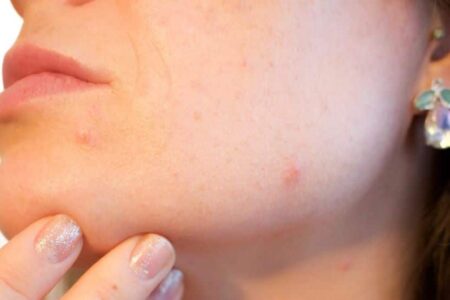Our patients, explains Dr. Alfonso GalánThey are often dumbfounded when we explain to them that the repercussions of being in menopause go beyond simple hot flushes". Unscientific popular culture seems to have reduced this period in a woman's life to the annoying rise in body temperature, which suddenly takes them by surprise at any time of day or night.
The main problem associated with this phase of women's development is the cardiovascular risk, increased chance of having a heart attack or stroke, among others.. And, yes, it also has to do with hot flushes, since, interestingly, women who suffer from hot flushes as a symptom have a higher risk of having a cardiovascular event than those who go through the menopausal transition without suffering from them. The greater the severity of hot flushes, the greater the risk.
The cause, according to the expert from Neolife is the decline in hormone production, which in their childbearing years protects women from what is considered the most likely human death: cardiovascular disease, which, in addition to those mentioned above, includes the possibility of sudden death.
Female protective shields against these episodes are testosterone, oestrogen and progesterone.. Of the latter, produced in the ovaries, it is known that women with higher levels during their lifetime have lower all-cause mortality than those with lower levels.
Hormonal decline is also associated with the risk of these serious episodes insofar as key health indicators are changed for the worse.. The levels of the so-called bad cholesterol, LDL, rise and the levels of the so-called good cholesterol, HDL, fall.. LDL particles are particles capable of forming atheromatous plaques that clog our arteries. The same negative effect is produced by other atherogenic particles. These have in common a lipoprotein called ApoB, whose levels are associated with an increased risk of acute myocardial infarction or stroke in menopause.
As for sugar, circulating glucose, and the consequent risk of diabetes or pre-diabetes, also increases for several reasons in menopause, one of them is the accumulation of visceral fat, in the waist, and a resistance to the effects of the hormone that should take our glucose out of the blood, which is insulin..
With the onset of the menopause, the arteries are affected, but also the bones, muscles and brain. For this reasonThe recommendation is to start working on the prevention of these risks in the so-called perimenopause, the phase in which the absence of menstruation is not yet complete. It is then when you have to put yourself in the hands of professionals and follow the following advice from Neolife:
- Assess the possibility of starting the hormone replacement therapyThe aim is to balance lost oestrogen, testosterone and progesterone levels by means of bioidentical hormone pellets.
- Control sugar, body and visceral fat, as well as homocysteine levels.
- Combine exercise with restful rest.
- Raise awareness of the importance of a specific diet for this time of life.
In this respect, Alfonso Galán recommends a nutrition rich in dairy, healthy fats, whole grains, vegetables, cruciferous vegetables, fruits and quality protein. She also advises avoiding processed foods, alcohol and caffeine, as well as excessive salt and spicy foods. All of these will help against fat accumulation and hot flushes.
Finally, if there are proven deficits in the diet, balance should be sought through omega-3 and vitamin D supplementation, among others.






